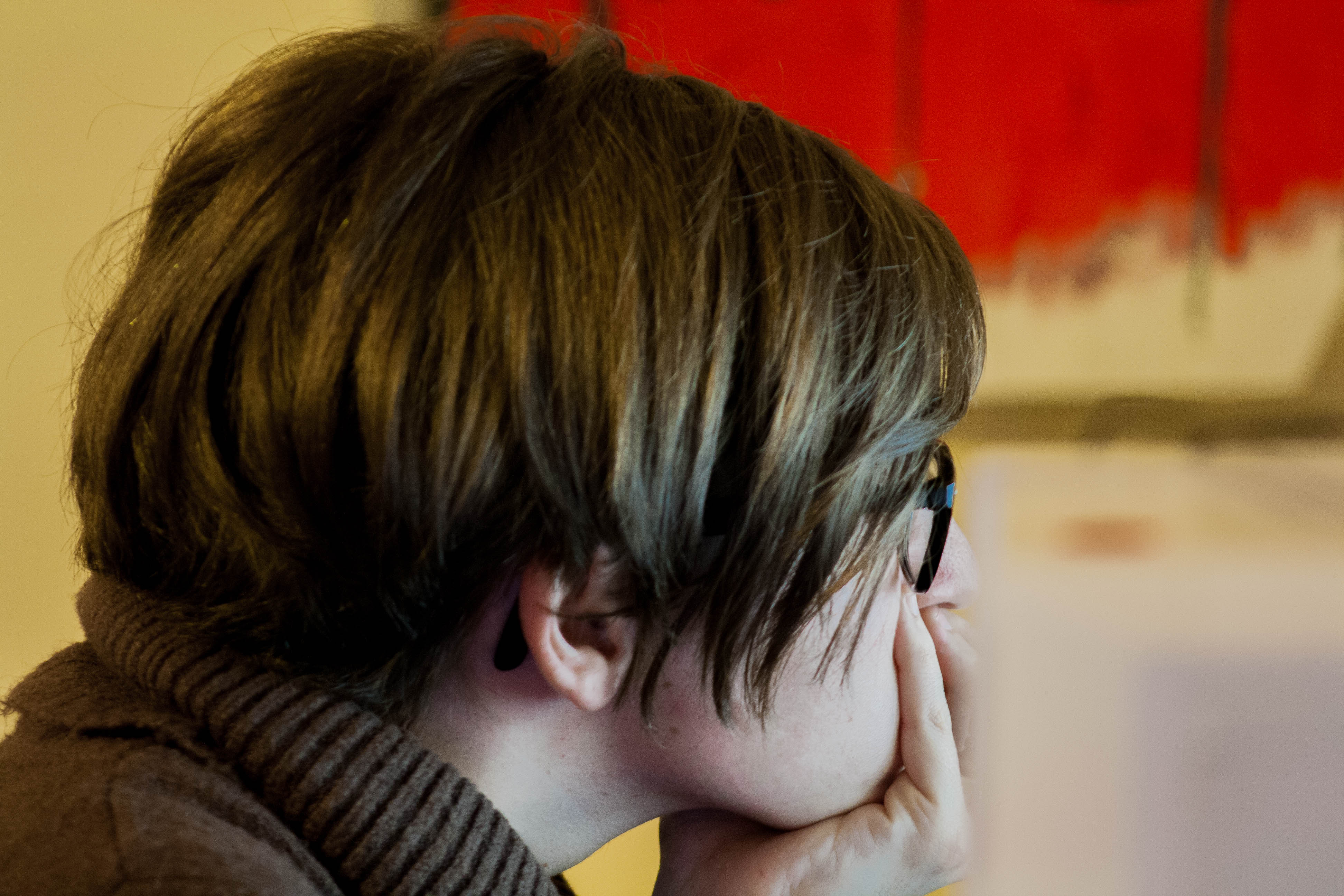Mon to Fri: 9:00am to 6:00pm
Blog Details

28
Oct
Identify Depression in Children
Beyond Sadness: How to Identify Depression in Children and Teens in Kochi
We often dismiss a child's bad mood as a passing phase. "They're just being moody," we think. But for a growing number of children and teens, persistent sadness, irritability, and a loss of interest can be signs of something more serious: childhood depression. In the bustling environment of Kochi, it's crucial for parents to look past the surface and recognize the subtle and overt warning signs of this condition.
Signs of Depression in Children
Unlike adults, children may not have the words to say "I feel depressed." Instead, their sadness often shows up in their behavior.
Emotional Changes
-
Persistent feelings of sadness or hopelessness for more than two weeks.
-
Irritability and angry outbursts over minor issues.
-
Frequent crying spells.
-
Loss of interest in hobbies or activities they used to love.
-
Feelings of worthlessness or guilt.
Behavioral & Physical Changes
-
Withdrawal from friends and family.
-
Changes in eating habits (eating too much or too little).
-
Changes in sleep patterns (insomnia or sleeping all the time).
-
Frequent physical complaints like stomachaches or headaches.
-
A noticeable drop in academic performance.
When It’s Time to See a Psychologist
If you observe a combination of these signs and they are impacting your child's school, social, or family life, it's time to seek professional help. Early intervention is critical for effective treatment and better long-term outcomes.
How We Diagnose and Treat Childhood Depression
Our clinical psychologists in Kochi are trained to conduct thorough assessments to understand the root cause of your child’s emotional state. We use evidence-based therapies like Cognitive Behavioral Therapy (CBT) and Dialectical Behavior Therapy (DBT) to help children:
-
Identify and challenge negative thought patterns.
-
Develop healthy coping skills.
-
Regain a sense of purpose and joy.
-
Improve communication with family.
Supportive Strategies for Parents
Your support at home is a vital part of your child’s recovery.
-
Encourage Open Dialogue: Create a safe, non-judgmental space for your child to talk.
-
Promote Healthy Habits: Encourage a balanced diet, regular exercise, and a consistent sleep schedule.
-
Stay Connected: Spend quality time together, even if it's just a short walk or a movie night.
Professional Help is Available in Kochi
Childhood and adolescence are pivotal stages of development. Don't let depression hold your child back. Our clinic provides a supportive and confidential environment where your child can heal and grow.
